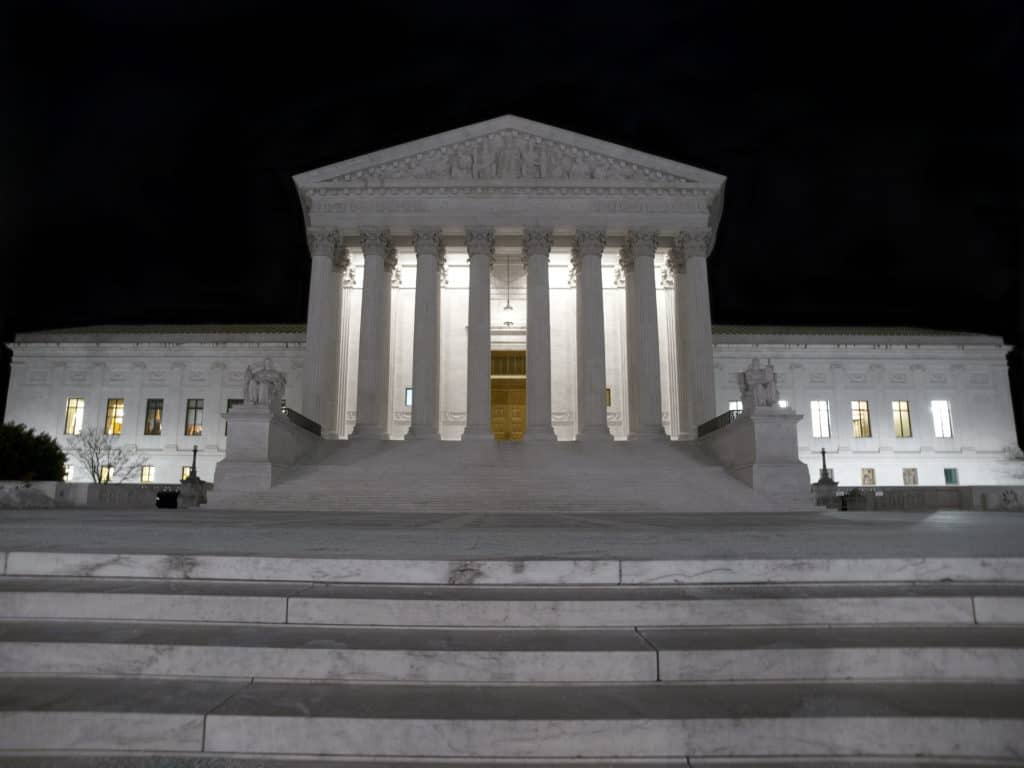The 2016 election has changed the way that campaigns have been financed. Before a Democratic and Republican candidate were granted the nomination by their respective parties, Bernie Sanders, a Vermont Senator running as a Democrat, disturbed the race with micro donations.
Diehard followers of Sanders showed that campaigns can be funded by the “little people.”
Sanders, back in May, had raised over $200 million from 2.4 million donors with the average donation to his campaign being $27.
The goal was to keep “big money” or wealthy individuals and companies from donating money to the campaign. Many of the big donors and Super PACs donate money with strings attached that cause contracts to go in their favor or laws to be swayed to their benefit.
Eliminating these leverages by the wealthy is the ideal direction in the minds of many people.
Donald Trump, the billionaire businessman and Republican nominee, also demonstrated that outside money and the influence it holds is not what the American public wants. Trump largely financed his own campaign which was applauded by many of his strongest supporters.
Big Money Will Be Challenged
Big money and the influence it has on the general elections has been under fire for a long, long time. In recent times, the Supreme Court has spent the last decade working to transform the American democracy.
Chief Justice John Roberts led the Court to remove a key provision under the Voting Rights Act in 2013 that allowed nine states to change election laws without approval from the federal government.
Under his guidance, restrictions imposed on unions and corporations were loosened allowing for political advertising via big money to take place.
Before 2010, Super PACs didn’t exist. These are groups of wealthy individuals that have unlimited spending power which directly controls the outcome of many elections. A good example is that the top 100 donors in 2014 spent nearly as much as all of the small donors combined on candidates.
Senator John McCain was under fire in August via a wealthy billionaire who he issued a report on years prior for his tax dodging practices. The billionaire funded McCain’s opponent’s campaign.
McCain, a Republican, has tried to push through many campaign financing laws that are, in our opinion, the future of campaigning in the United States.
He suggests that scandals are what change finance laws and that the US goes through cycles of changes. McCain states that there needs to be a major reason or scandal for campaign laws to be passed.
He has been quoted as saying “there will be a scandal. That’s history. And it does repeat himself.”
Citizens United allows corporations and many unions to have First Amendment rights to spend as much money as they feel is necessary on political spending. In 2012 alone, just two years after Super PACs were born, $173 million was donated via corporations for elections.
Money is often funneled into nonprofit organizations to hide the source of the money.
Big money’s influence on elections will come to an end, and many people forget just how recent this new trend is in politics – at least in the open. The future will hold much of the same big money spending that may last decades before a scandal, as McCain says, is big enough to be able to change campaign finance laws.
A law that we may see in the near future is one that stops campaigns from automatic monthly payments. Trump’s donors that donated through the nominee’s website were stuck in an automatic payment cycle that couldn’t be cancelled with ease. Without a clear option to cancel, many people donated more money than they wanted to spend supporting Trump.
It was very complicated to cancel automatic payments to the Trump campaign, and new legislature may limit these kinds of deceptive practices, too. Federal campaign finance laws don’t speak directly of ways to cancel recurring contributions, so the Trump campaign was not in violation of any laws.



